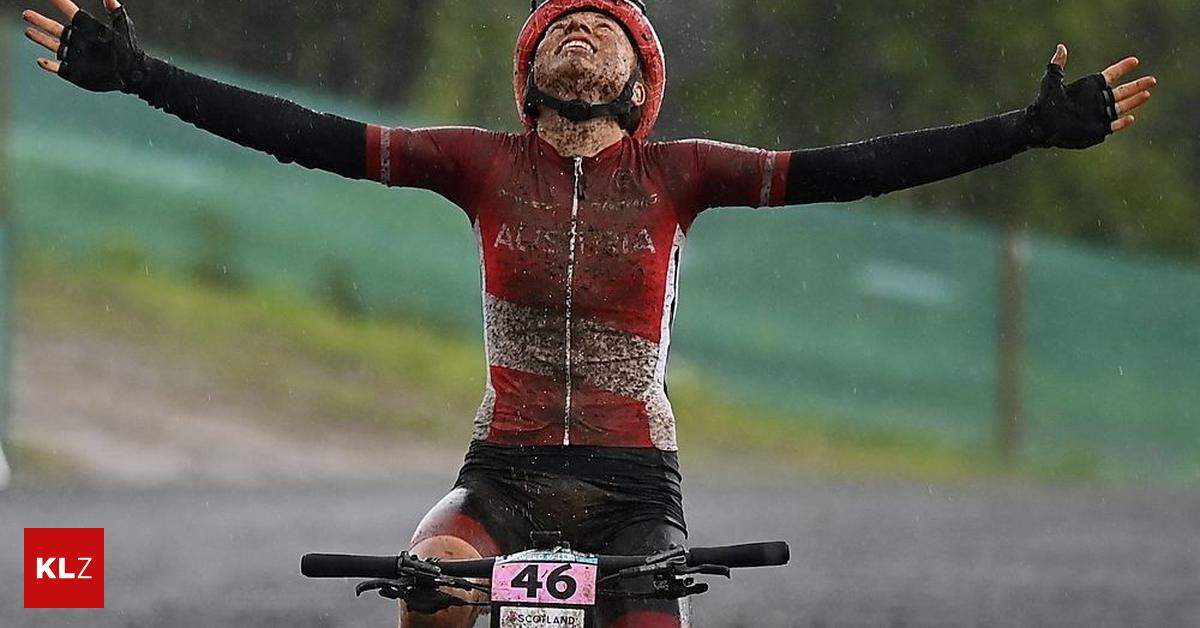Let me tell you the following situation or event:
There are two persons talking about the race and they know there is a difficult and dangerous bend just before the finish. They have watched the MTB race but now the race is over. They are about 500 yards before the finishing line but they can't see it. They don't know who has just won and they are puzzling who it could be. Mind you, the race is over, some competitors can be seen cycling back the route to relax . . .
. . . and A says:
"I think Mona Mitterwallner has won the race."
. . . and B says:
"If she hasn't skidded off the last bend she must have won the race."
Maybe the if-clause has to be
"If she didn't skid off the last bend she must have won the race" , but I think we can use the present perfect simple for a finished event in the very recent past. And this going round a bend
is a finished event in the very recent past in this situation - that's why I would like to use the present perfect simple in the If-clause. And I use the perfect modal form in the main clause (result) because they are talking about the past - the race is definitely over!
Zwei Jahre nach ihrem WM-Titel im Marathon hat Mountainbikerin Mona Miterwallner auch in Schottland zugeschlagen und sich erneut Gold geholt.

www.kleinezeitung.at
